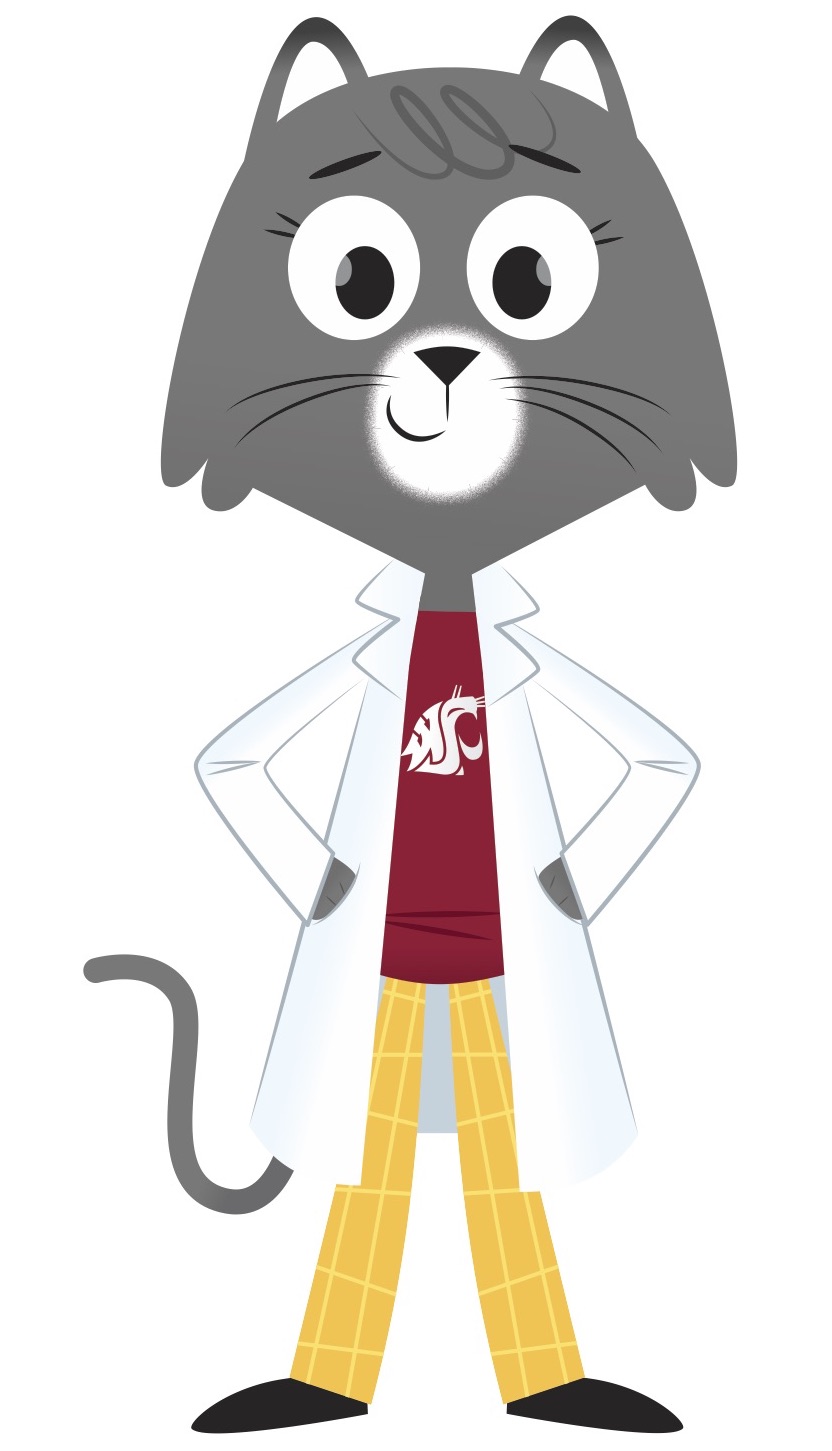Dear Zack,
You aren’t alone if you’ve ever heard someone at the dinner table say, “you’ve got to eat your broccoli.” Broccoli is one of nature’s superfoods, so it’s no wonder we are often encouraged to eat those little green trees.
As I cat, I don’t eat too much broccoli. So, I decided to visit my friend John Clarke, a professor of pharmacy at Washington State University. Broccoli is what got him a PhD, he says. Clarke studied how broccoli can help fight off toxic things in our bodies and may even have cancer-fighting properties.
 He’s happy to help with your question and says broccoli is what we call a cruciferous vegetable. Whether it’s broccoli, cabbage, radishes, or bok choy, the veggies in this family all share a similar chemical makeup.
He’s happy to help with your question and says broccoli is what we call a cruciferous vegetable. Whether it’s broccoli, cabbage, radishes, or bok choy, the veggies in this family all share a similar chemical makeup.
If you’ve explored the periodic table of elements, you know that there are a lot of different elements that make up things in our world. When two or more elements come together, they form a compound.
When we chew or cut broccoli, we damage the plant tissues and a new compound forms. It’s actually this compound in broccoli that gives off that, well, unique broccoli smell. Scientists have also discovered how this same compound can help fight off toxins in your system.
“The plant has components that can act like coffee in a tired person,” Clarke said. “It stimulates some of the body’s detoxifying bodyguards to stay awake and get rid of bad toxins in the body.
There are lots of ways to eat broccoli, too. You might steam it, fry it, roast it—maybe even sprinkle a little cheese on top. But I also found out that cooking broccoli actually reduces some of those bodyguard compounds.
“It is still good for us,” Clarke said. “It’s just that it is better to eat the whole food.”
You’re right, Zack. Broccoli is good for us– and it’s best raw.
Broccoli is also packed with vitamin C, which can be good for fighting off infection. If you are ever feeling under the weather, you might just consider having a little broccoli along with your chicken noodle soup. It also has fiber. When we get enough fiber from our food, it can help with both heart and blood health.
The chlorophyll that gives broccoli–and a lot of other plants–its green color can also be good for us. It has all kinds of nutrients and is the source of vitamins and minerals our body needs to grow strong.
Maybe sometime soon you can help make dinner at your house and see if you can find a creative way to use those little green trees.
You can learn more about all kinds of vegetables and try out these recipes from my friends at WSU Extension. http://extension.wsu.edu/skagit/harvest-of-the-month/ Tell us how it goes sometime at Dr.Universe@wsu.edu.
Sincerely,
Dr. Universe